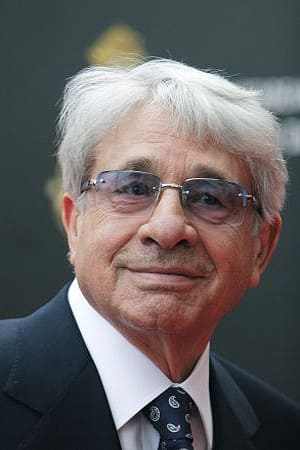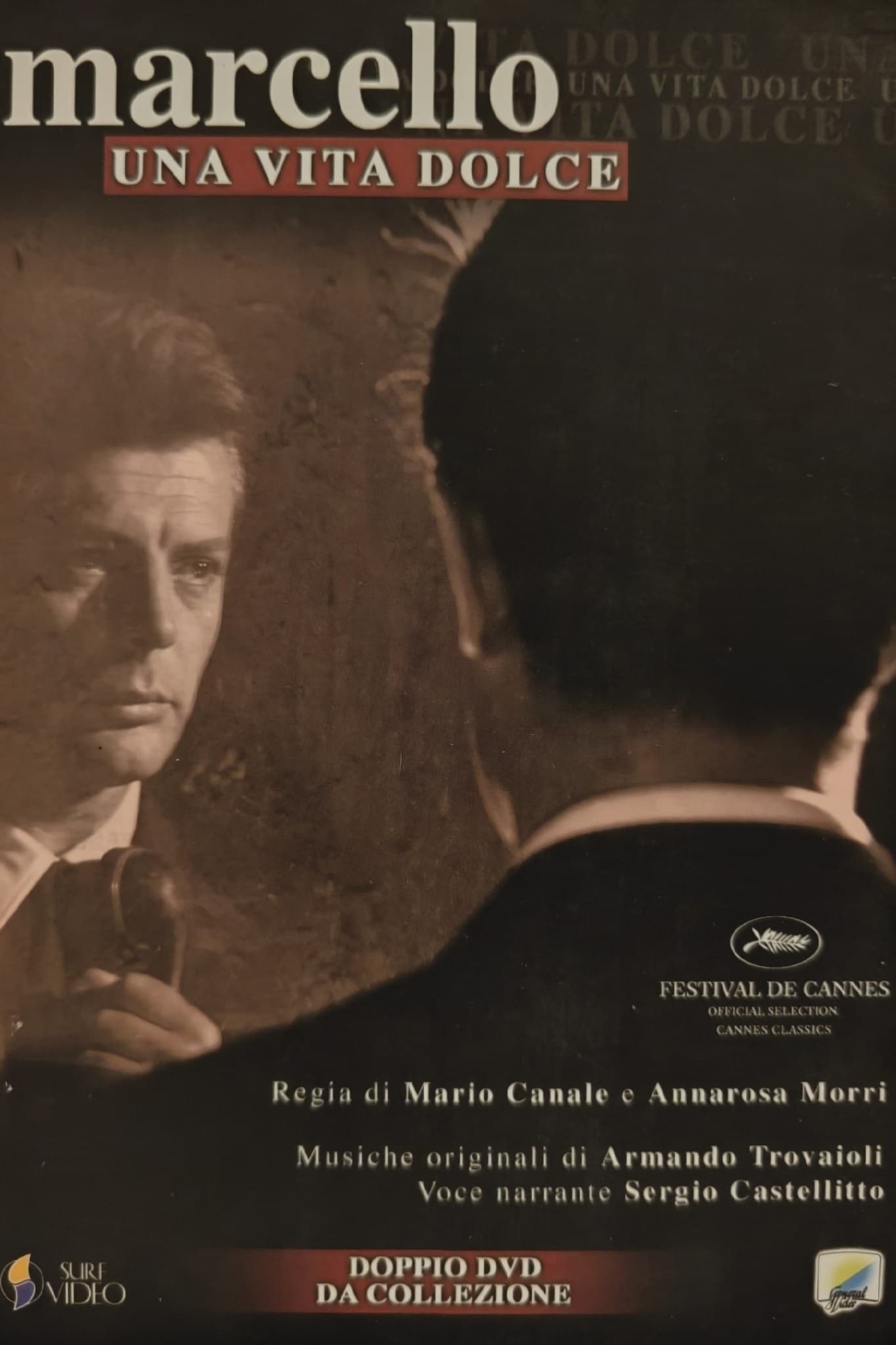

After shooting to fame with Federico Fellini’s “La Dolce Vita” (1960), actor Marcello Mastroianni (1924-1996) starred in more than 160 films in his nearly half-a-century career. Directors Mario Canale and Annarosa Morri look into the melancholic charm of one of the most famous Italian actors through interviews with his two daughters, Barbara and Chiara; directors Fellini and Luchino Visconti; actresses Claudia Cardinale and Anouk Aimee; and in archival footage of Mastroianni himself. The subject matter ranges from Mastroianni’s passion for kidney-bean pasta and his addiction to the telephone to his famous laziness, humility and talent. Shown in black-and-white, Mastroianni — elegantly holding a cigarette in between his fingers — is undeniably the dandy.
Luigi Magni (21 March 1928 – 27 October 2013) was an Italian screenwriter and film director. Born in Rome , Italy, Magni started his career as a screenwriter, in 1956, with Tempo di villeggiatura. In 1968 he collaborated with Mario Monicelli in creating a real "event" of the Italian cinema by transforming Monica Vitti into a comedic actress with The Girl with the Pistol , and the critical and commercial success of the film pushed him into directing. After the directorial debut with Faustina (which was also the debut film of Vonetta McGee ), in 1969 Magni achieved an extraordinary success with Nell'anno del Signore , which was the highest-grossing Italian film of the year, so as to require for the first time in Italy nighttime screenings to meet the demands of the audience. The film marked the encounter with Nino Manfredi , with whom Magni had a long-standing association on the set (including the screenplay of Manfredi's award-winning film Per Grazia Ricevuta ) and a close friendship off the set. The film also defined Magni's style, namely a commedia all'italiana mainly centered on Rome and its history, particularly the epoch between the Papal States and the Risorgimento.
By browsing this website, you accept our cookies policy.